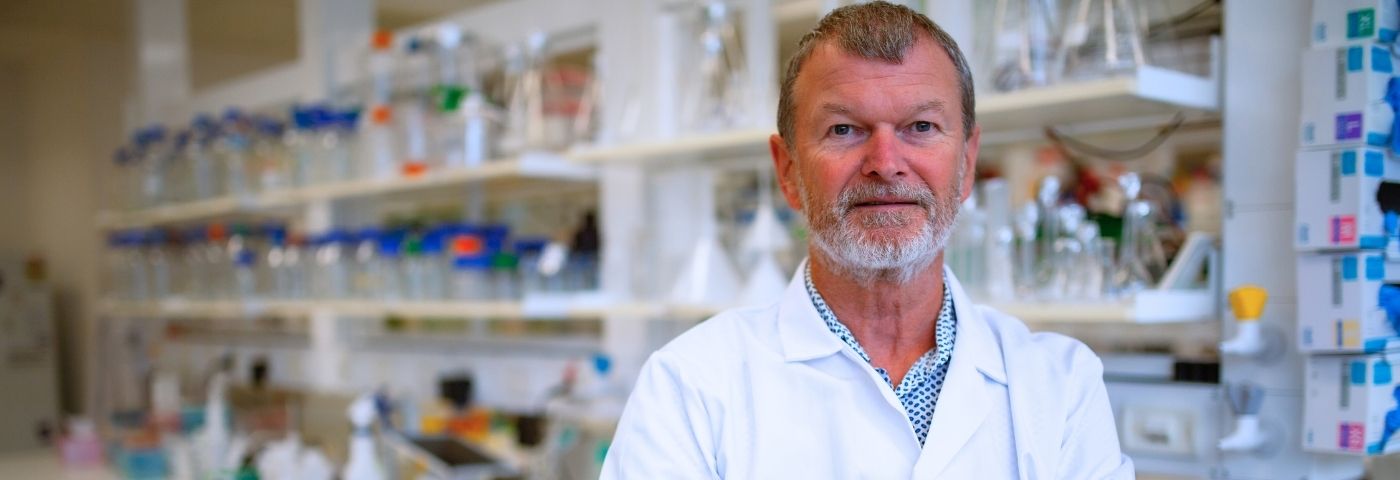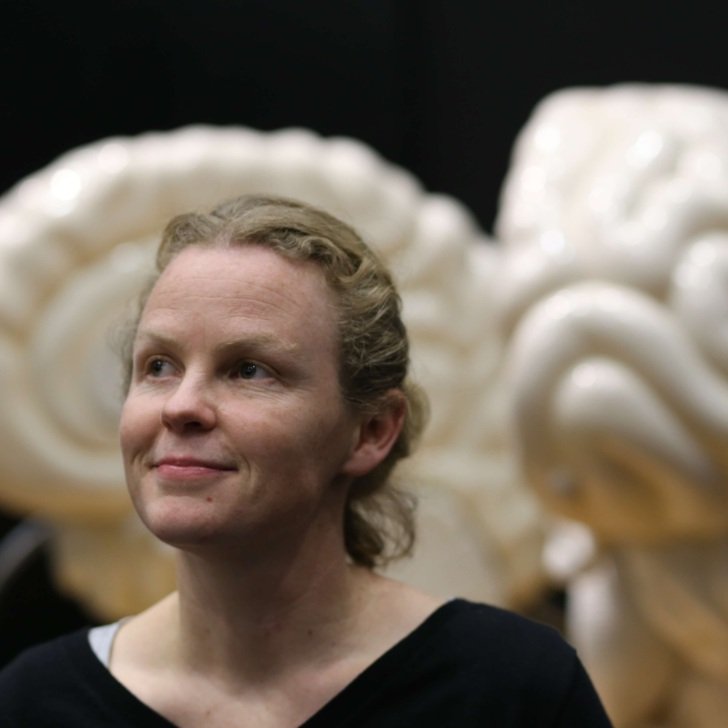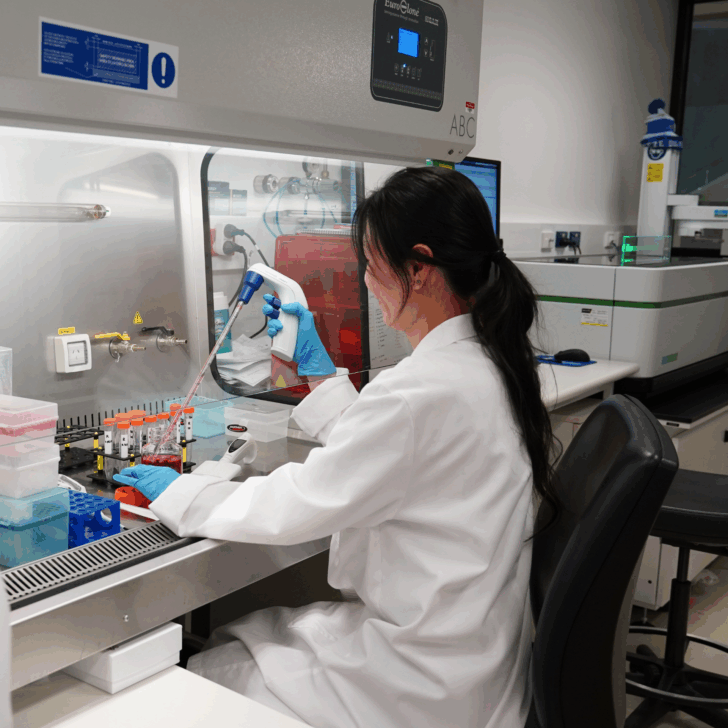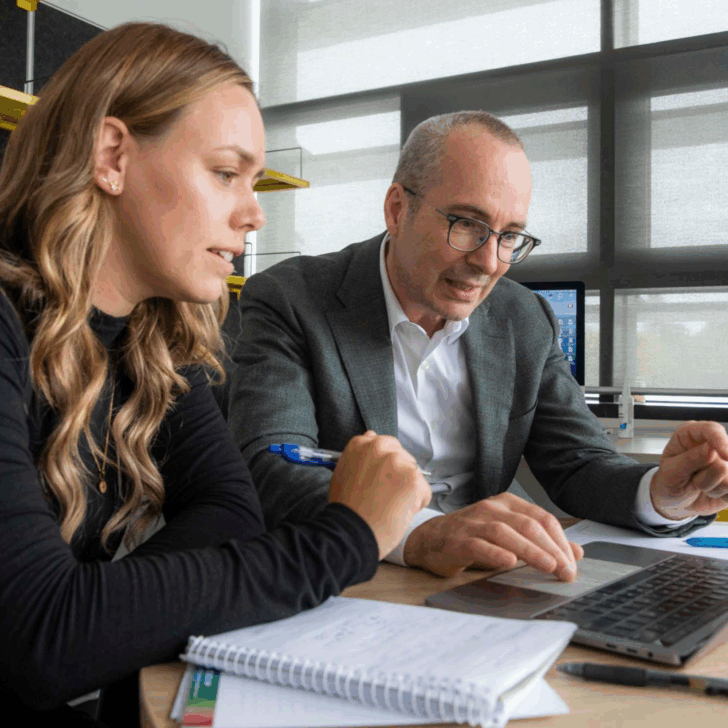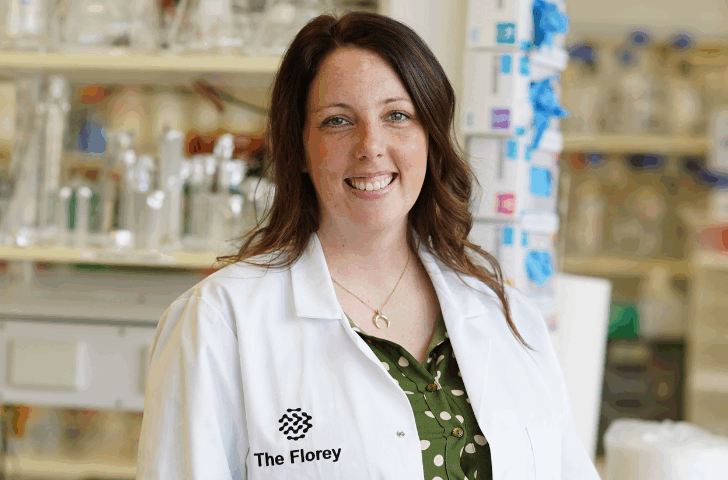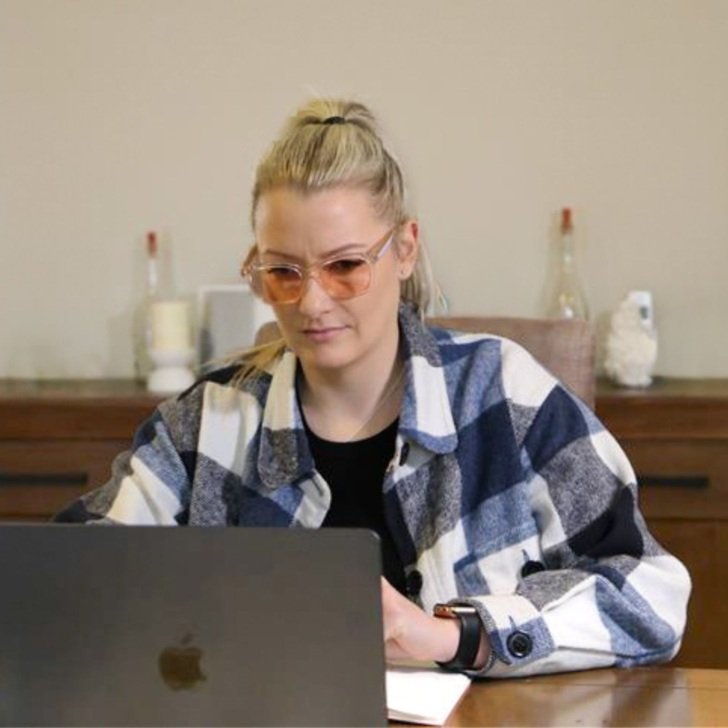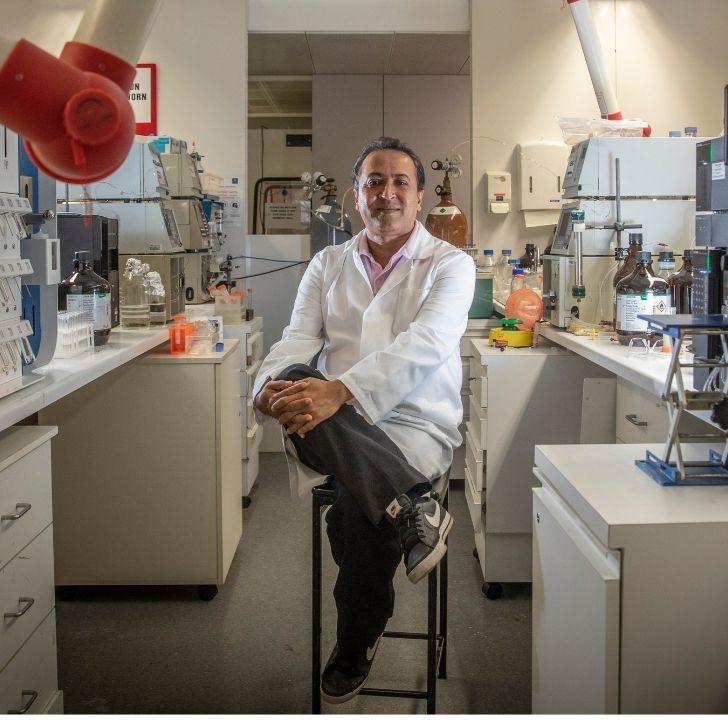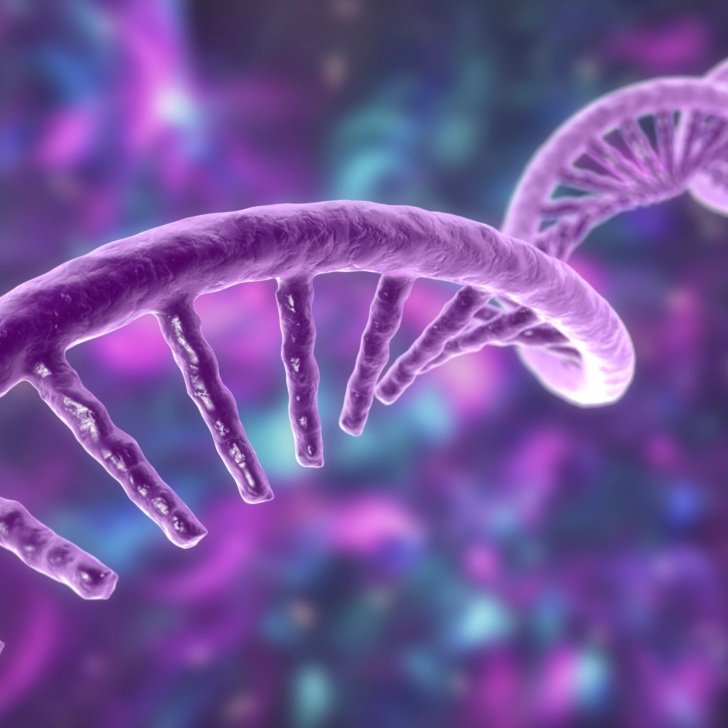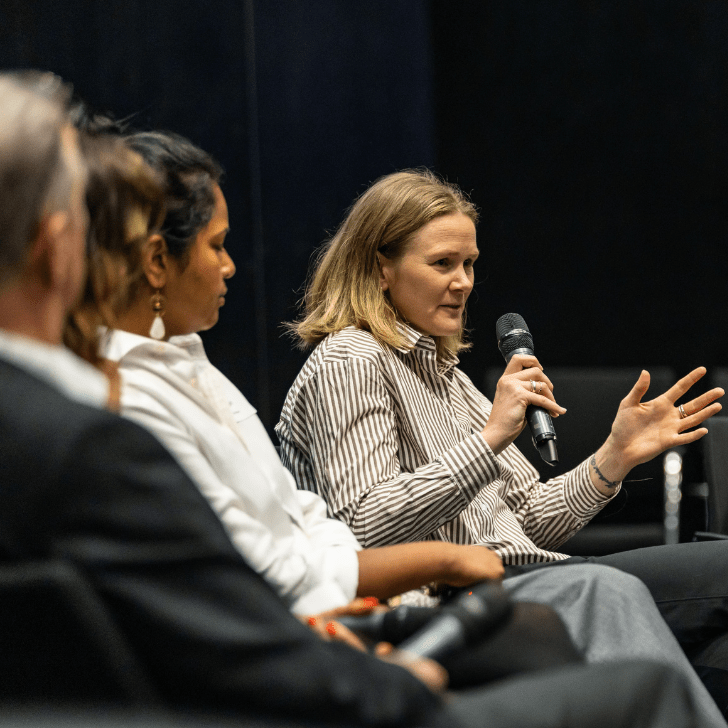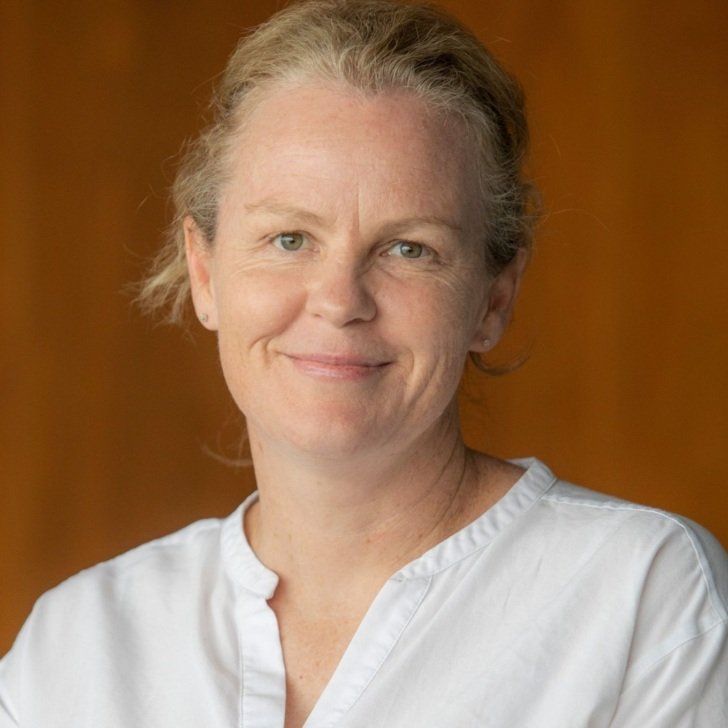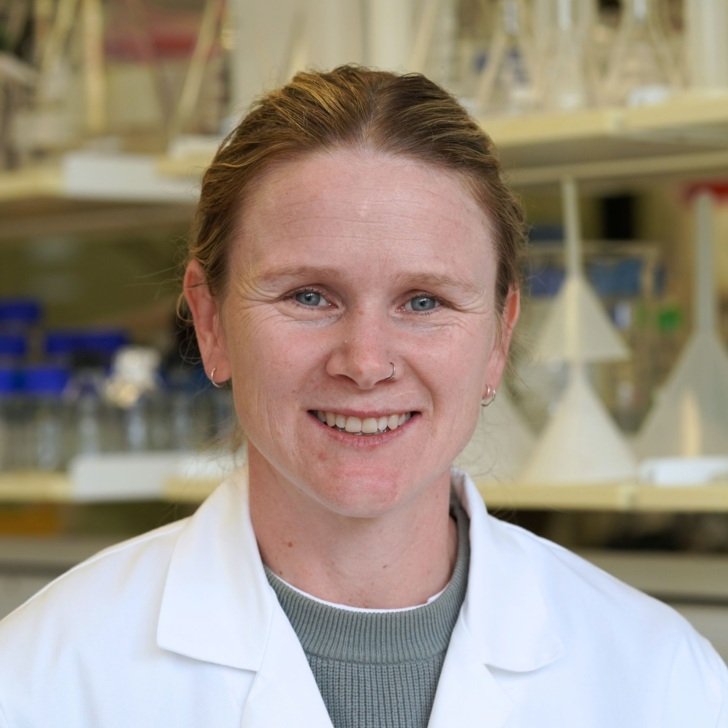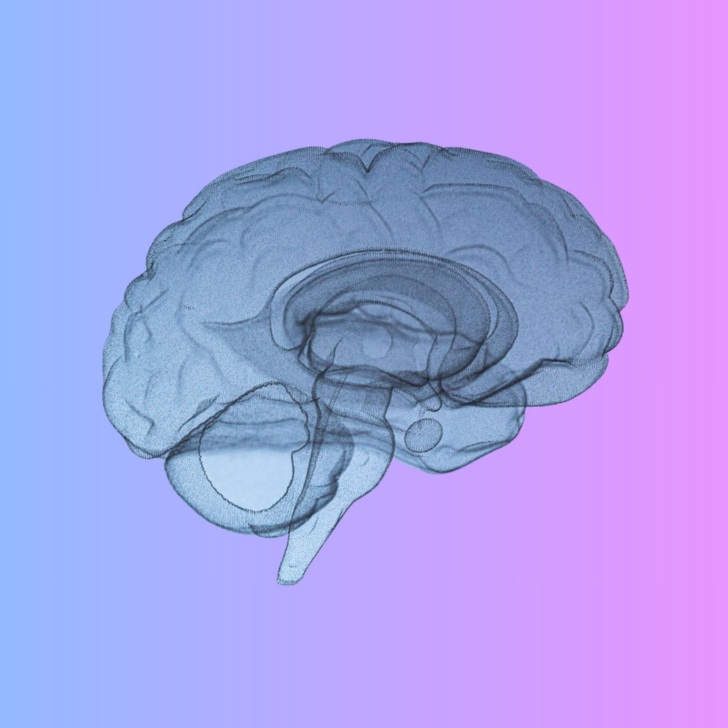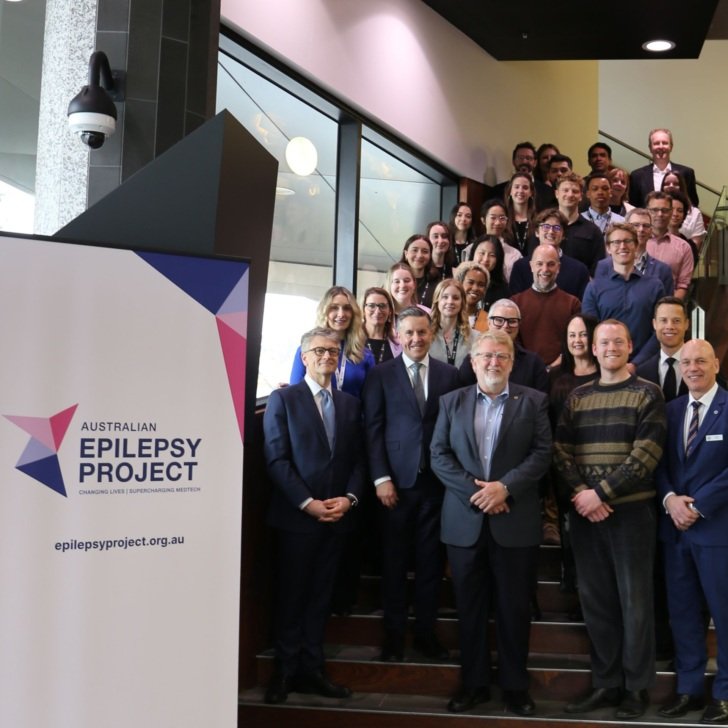- Professor Andrew Lawrence is the newly elected President of the International Society for Biomedical Research on Alcoholism.
- We need better strategies to help more people with addictions receive treatment.
- Most people who try a drug or alcohol do not become addicted – understanding that resilience may be key.
- Addiction is a medical condition worthy of treatment and research, and not a personal choice.
I undertook my PhD in the 1980s, studying opioids and opioid receptors. Back then I figured I would rather study ‘pleasure’ than ‘pain’, although the two are often linked.
I now understand the enormous scale of the problem that is addiction.
More than 100 million people globally have an alcohol use disorder. Yet most receive no treatment.
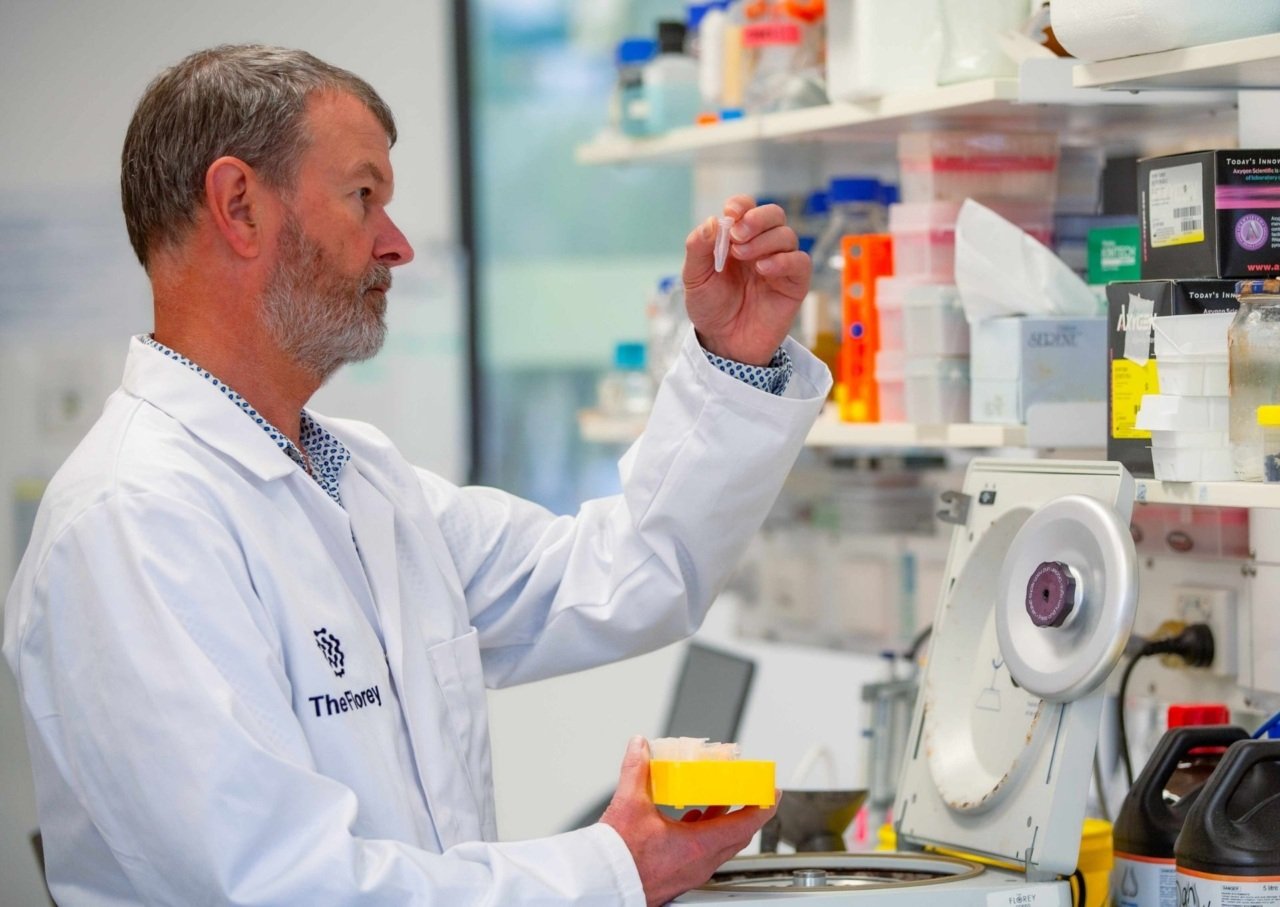
This is partly because of a historic lack of understanding that addiction is a medical condition, not a personal choice.
Alcohol misuse is among the world’s leading causes of illness and death, and although evidence suggests it can be treated, many don’t seek – or receive – help.
The impact of any individual’s addiction can be far-reaching, causing harm to themselves plus others in their orbit, the economy and social fabric of our society. It likely affects us all in one way or another.
Experimenting with drugs or alcohol is not unusual and isn’t limited to ‘weak’ or ‘bad’ people.
Evidence suggests that drug and alcohol misuse can lead to adaptations in the brain at a cellular level that underpin the addicted state. This helps to explain why people respond to drugs and alcohol differently.
We need more targeted treatments that engage and counter these drug-induced brain adaptations.
Personality, cognitive ability, psychiatric conditions and social factors are part of a constellation of ‘enablers’ interacting with a myriad of outcomes.
Large longitudinal studies are aiding our understanding of drug and alcohol use disorder.
New technologies and laboratory research are starting to show us how alcohol and drugs impact brain cells with unprecedented detail.
At The Florey, we are studying alcohol-induced adaptations in human and rodent brains with the aim of finding potential new treatments.
We’re also learning about sex differences and alcohol’s impact alcohol on the brain and the notion that there’s likely a need for gender-specific treatments.
All of these approaches have the potential to uncover – and result in – a range of new treatments and interventions.
It’s time we recognise addiction as a medical condition worthy of treatment and research – not a personal choice.
This article was previously published in the Herald Sun.
